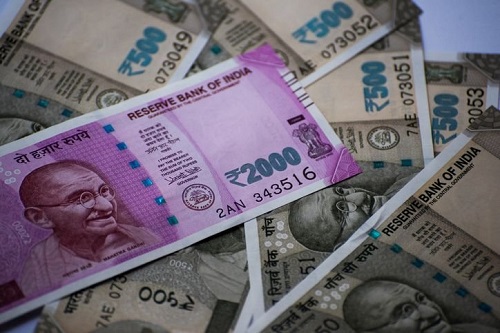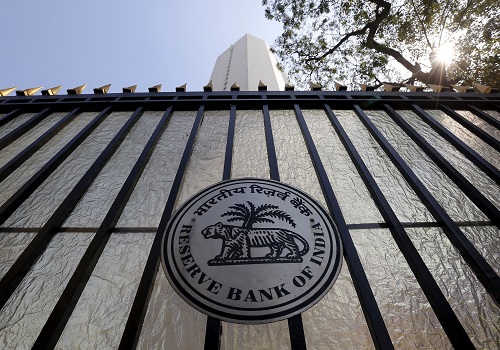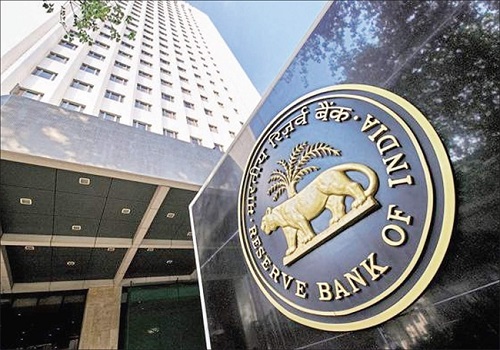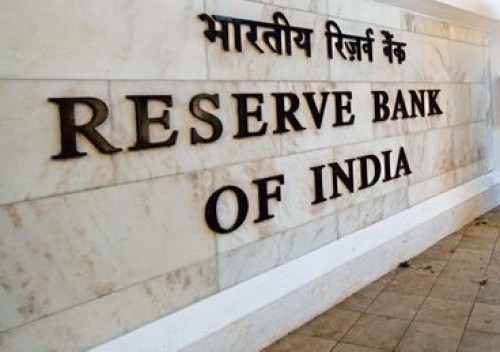Foreign buyers pass up India`s invite for short-term corp. debt -analysts
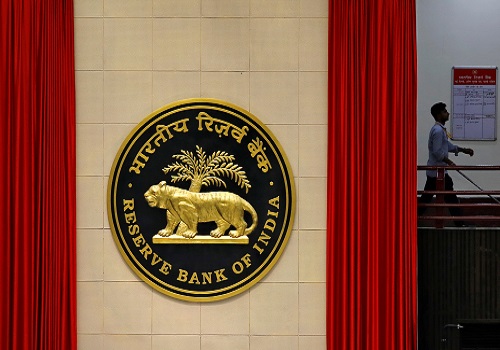
Follow us Now on Telegram ! Get daily 10 - 12 important updates on Business, Finance and Investment. Join our Telegram Channel
The Indian central bank's window for foreign investors to buy commercial papers and shorter tenor corporate bonds closed without much interest as higher U.S. yields and a weakening rupee made the proposition unattractive, analysts said.
"The one-year and two-year U.S. yields are trading at such high levels that it does not make sense for foreign players to go for Indian short-term papers, especially given the currency risks," said Venkatakrishnan Srinivasan, founder and managing partner at debt advisory firm Rockfort Fincap.
The Reserve Bank of India had, in July, allowed foreign investors to invest in certain domestic debt with maturities of up to one year in one of its moves to boost foreign inflows.
The central bank has not permitted such flows since 2013 due to worries of excess speculation but opened a short window considering the weakening rupee. That window closed on Oct. 31.
"I am not surprised that there was no major response as the currency is still quite weak, there is way too much uncertainty, and the yield differential is also not that attractive," said Kunal Kundu, India economist at Societe Generale Corporate Investment Banking.
The one-year U.S. yield has jumped 185 basis points from July to October, closing at 4.64% on Monday. The two-year yield has risen nearly 160 bps to 4.50% in the same period.
The rate on one-year commercial papers from highly rated Indian companies was around 7.75% in October, up from around 6.90% in August.
Meanwhile, the Indian rupee has tumbled about 11% so far this year, including a near 5% drop from July to October. The losses have been deeper in the past two months, with the currency hitting a record low of 83.29 in October.
Foreign flows in Indian corporate bonds

BLEAK OUTLOOK
Market participants do not expect any pick up in foreign holding of corporate bonds over the next few months as the calendar year draws to a close and with no major changes in broader fundamentals.
"If we consider the currency depreciation and lack of carry anyway in this point of time, getting into Indian corporate securities will not be preferable," Societe Generale's Kundu added.
Although the pace of outflows from Indian corporate bonds has slowed down recently, a trend reversal may be some time away.
Overall, investors have net sold 65 billion Indian rupees (nearly $786 million) of corporate bonds in 2022, compared with 200 billion rupees in 2021, and 424 billion rupees in 2020, NSDL data shows.
Data on foreign investment in commercial papers is not directly available.
Meanwhile, foreign investors have net sold government bonds worth around 135 billion rupees in the first ten months of 2022, CCIL data showed.
"Though, there was some buying in September, it was on speculation of index inclusion, which has not materialised and does not seem to be a near term probability," a trader with a private bank said.
In early October, J.P. Morgan said Indian government bonds were on watch for inclusion into its emerging market index, dashing months of speculation over that the debt would be added to the influential index this year. ($1 = 82.7370 Indian rupees)












 320-x-100_uti_gold.jpg" alt="Advertisement">
320-x-100_uti_gold.jpg" alt="Advertisement">


